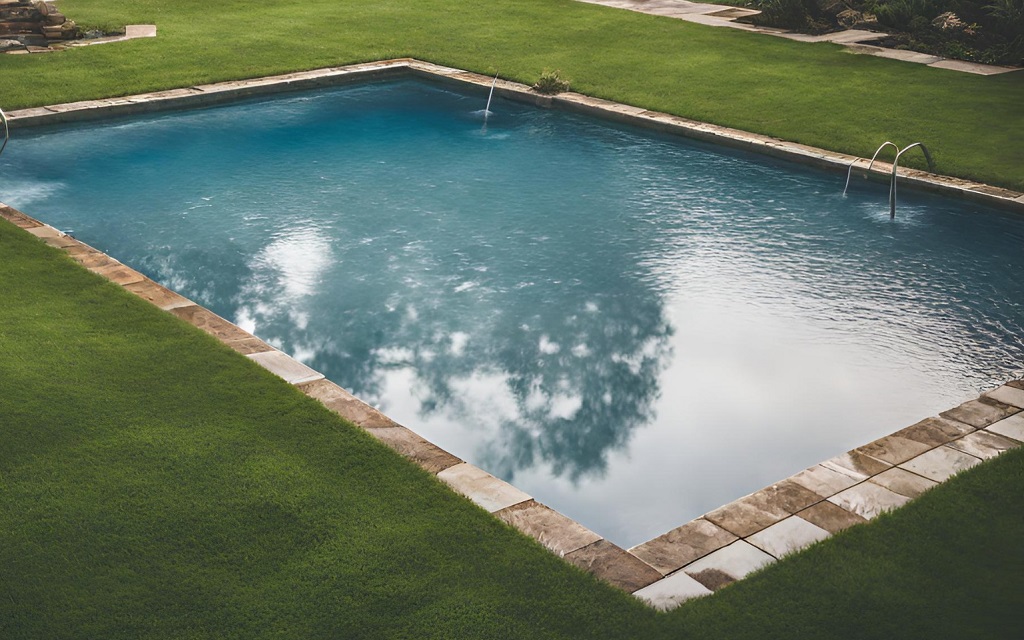Many homeowners are familiar with the beauty and enjoyment that inground pools provide, but few are aware of the factors that can cause an inground swimming pool to sink. These underlying issues can lead to serious structural damage and safety concerns.
By learning about the common causes of sinking swimming pools and preventative measures to take, owners of inground swimming pools can avoid encountering costly, unexpected repair projects in the future.
4 Factors That Can Cause an Inground Swimming Pool to Sink
Also see:
Soil Conditions
Various soil issues, such as erosion, expansion, and compaction, can undermine the integrity of the pool’s structure. When soil erodes away from the pool’s base, it creates an unstable foundation that can eventually give way, causing your pool to sink.
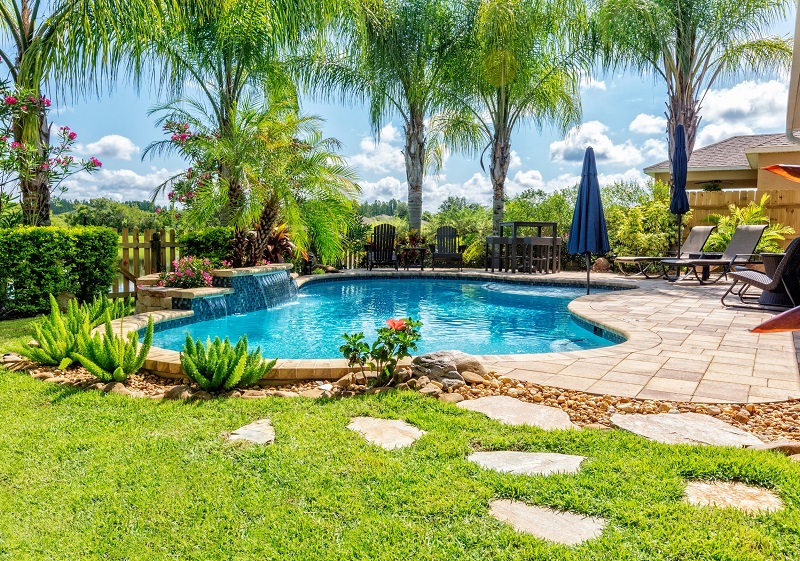
Additionally, soil expansion and compaction can cause the ground beneath the pool to shift, affecting its stability and alignment. Therefore, it is crucial to ensure that the soil on which your pool is built can adequately support the weight and maintain its stability over time.
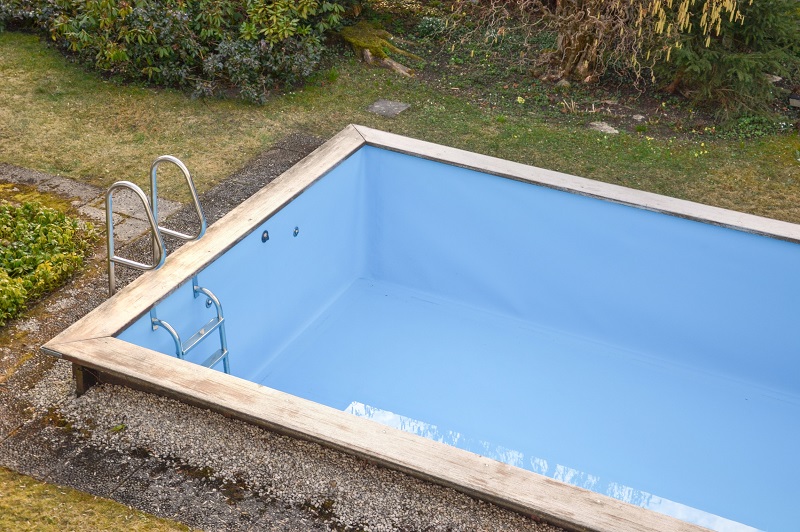
Also see:
Drainage Issues
Another factor that can cause an inground swimming pool to sink is poor drainage. Water accumulating around the pool can erode the supporting soil, leading to sinking and other structural damage. Inadequate landscaping, including a flat or improperly sloped yard, can prevent water from properly draining away from your pool area.
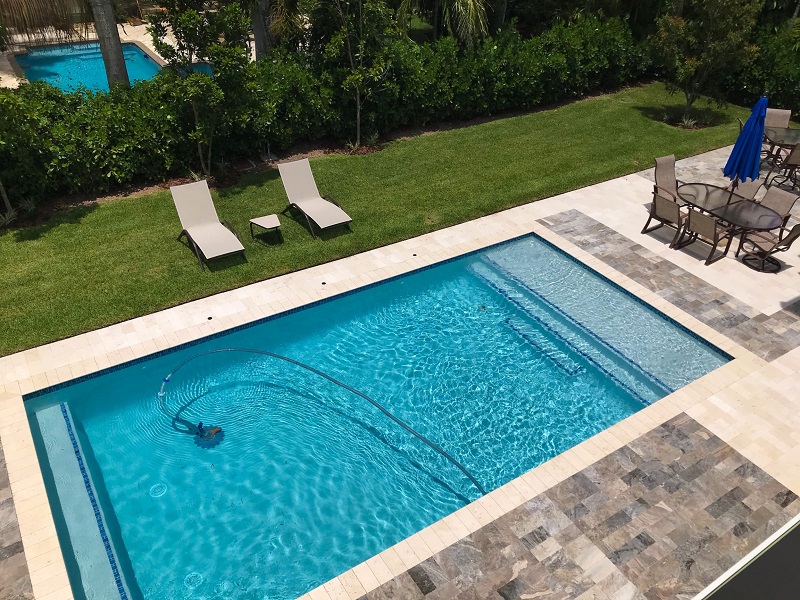
Similarly, a malfunctioning or poorly designed drainage system can fail to redirect water away from the pool. Improving the yard’s slope or implementing proper drainage systems, such as French drains or catch basins, can solve these problems.
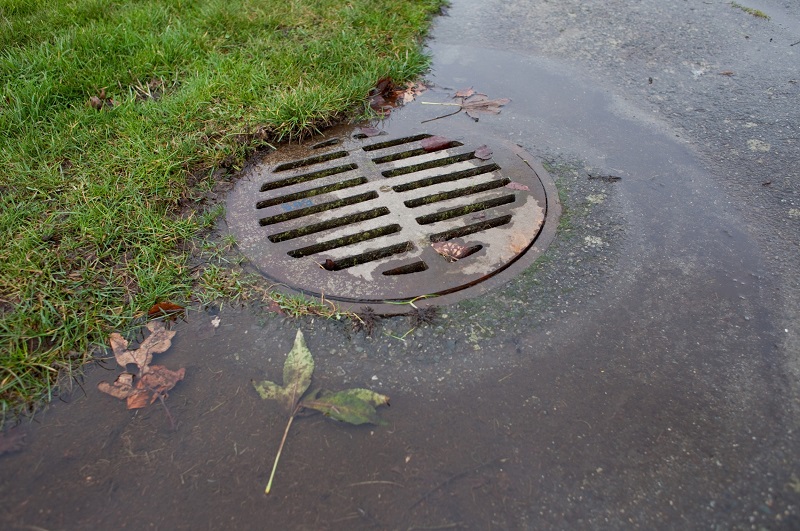
Poor Construction
Poor construction techniques and materials can also lead to structural issues.
Ideally, soil compaction will ensure the ground can bear the pool’s weight, and using high-quality, durable materials will contribute to the pool’s longevity and stability. According to Forbes, the average cost of installing an inground swimming pool in the US is $35,000, but using poor materials isn’t a smart way to save money long term.
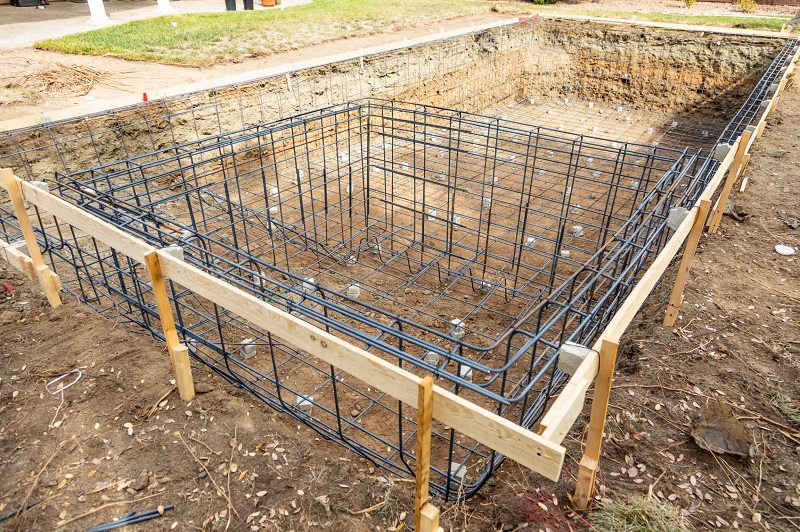
Neglectful Maintenance
In addition, pool owners cannot neglect routine maintenance. For instance, cracks and leaks can form in the pool shell, causing water to seep through the concrete and erode supporting soil.
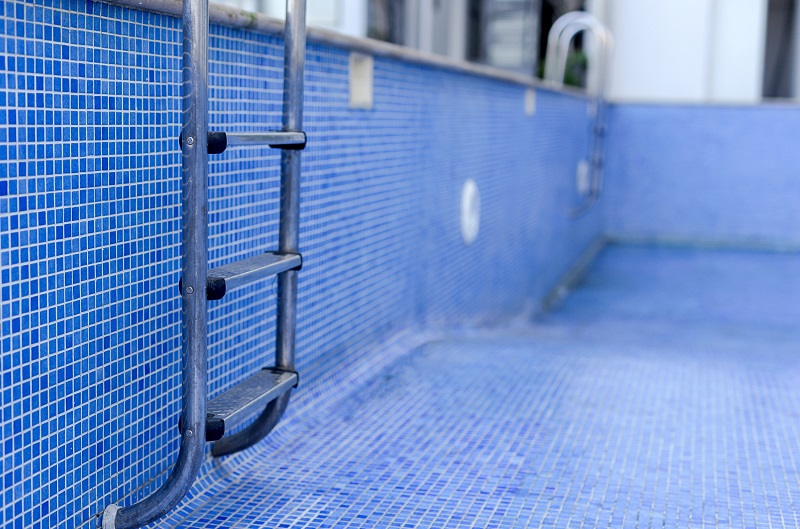
When inspecting your pool, look for signs of cracking, leaks, or shifts in the pool’s alignment. If you discover any issues or are unsure about your pool’s condition, it’s best to call a professional pool repair service to assess the situation and perform repairs.
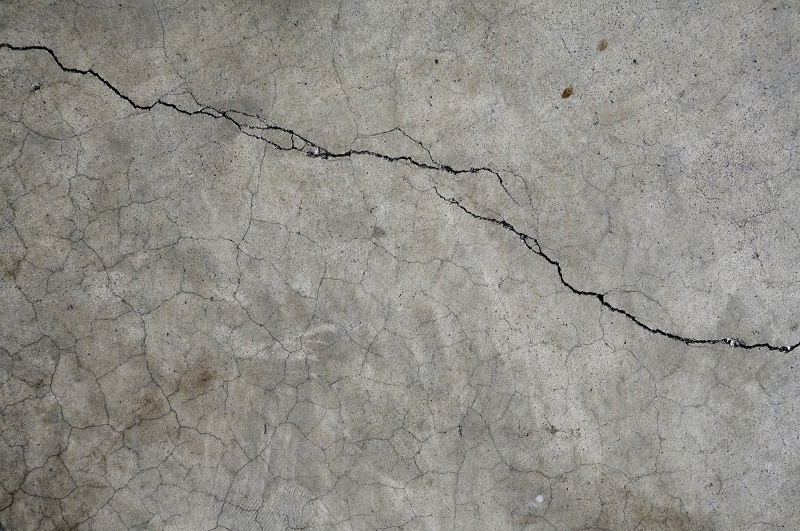
Also see:
Ways to Repair a Sinking Pool
If you notice your pool sinking, act quickly to prevent damage from worsening and to keep your pool area as safe as possible. There are various ways to repair a sinking inground pool, and the right method depends on the cause of the problem and environmental conditions.
For example, polyurethane foam injection improves soil conditions by filling voids beneath the pool, stabilizing the ground and preventing further sinking.
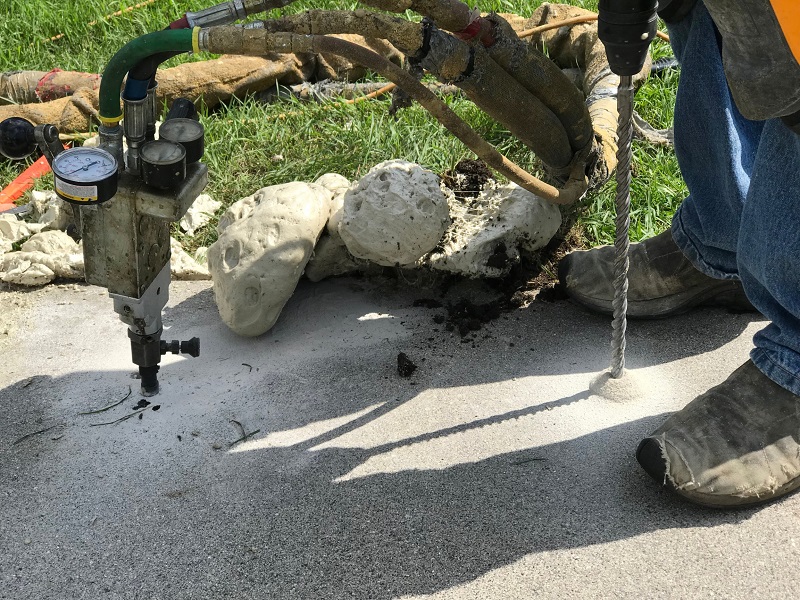
Closing Comments
Soil conditions, drainage issues, improper construction, and neglectful maintenance practices can all cause a swimming pool to become destabilized. By understanding these contributors, pool owners can take preventative measures to avoid structural damage and safety hazards. Monitor the pool regularly and seek professional help at the first sign of sinking to ensure the longevity and safe enjoyment of your investment!
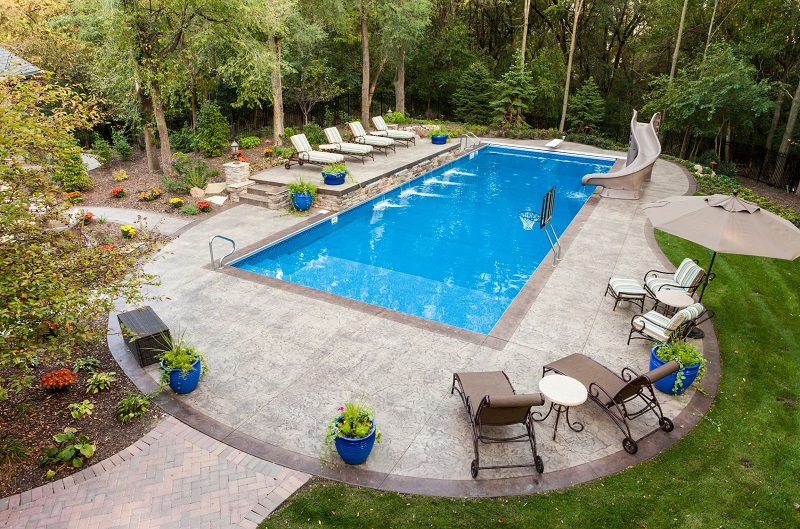
More Recommended Outdoor Living Articles
- 10 Ways to Create a Beautiful & Peaceful Outdoor Oasis
- The Many Uses and Benefits of Shade Sails for Your Home
- How to Add Character to Your Home with Outdoor Lighting
- 19 Ideas That Will Elevate Your Entertaining Game
- The Many Benefits of Sustainable Outdoor Furniture
- How to Protect Your Outdoors Against Pests Safely
- Related Topics: Swimming Pools | Indoor-Outdoor Living | Entertaining at Home | Enjoying Your Home
| Purgula is reader-supported. When you click on links to other sites from our website, we may earn affiliate commissions, at no cost to you. If you find our content to be helpful, this is an easy way for you to support our mission. Thanks! Learn more. |

